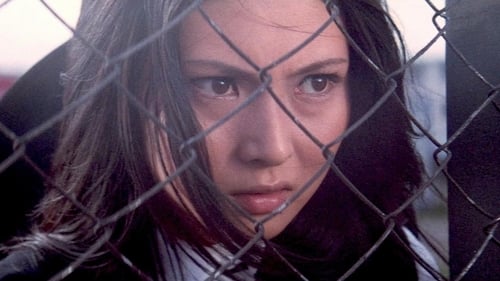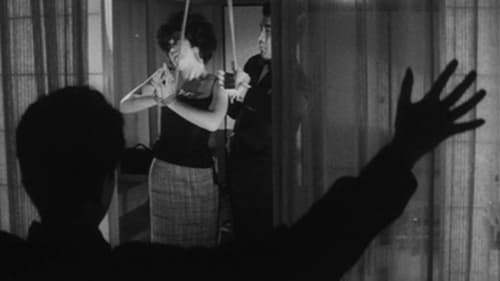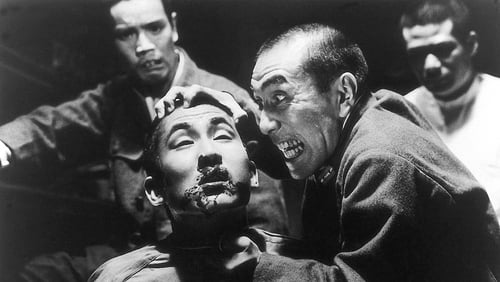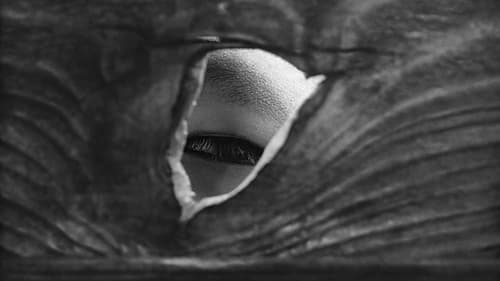
Japanese “kayo” film based on the song by "Namida koi" by Aki Yashiro.

Masako Nogami
Several high-school friends spend their final summer together indulging in sex and leisure; their halcyon days are soon coming to an end.

Shocking scenes are revealed in the Nagasaki Women's prison.

Ryûko
Murase is a bodyguard of yakuza group. Ochiai is a police officer who once was a student activist. When they meet, they are surprised how identical they look.

Bar Blues Madam
Mako and her girl friends enter a dispute with rival street gangsters The Eagles, a band of racist macho pigs led by the evil Baron, who hate half-breeds. When one of the girls start dating a half-breed, they start a terror campaign to take all of them out of town. Mako and her gang fight back, helping their new friend Kazuma find his long gone sister.

Young bartender operates secret sex club as a profitable side business.

Rokurō starts a part-time job on a fishing boat, but the ship has an engine failure in the middle of the Pacific Ocean.

Patient (Young lady)
While under sedation in a dentist's office, a young art student has sex fantasies about naked women, vampires and a beautiful patient he saw in the office.

Director Jun'ya Satô's debut film focuses on the inhuman training of recruits, the brutal drill system that reigned in the Japanese army during World War II, where in the first two years of training, ordinary people were turned into inhuman killers. For his first film, the director was awarded the Blue Ribbon Awards in the Debutant of the Year nomination.

Wife
A man wanders into a seemingly deserted town with his young son in search of work. But after a bit of bad luck, he joins the town's population of lost souls.

Makiko Kawamura
A leading postwar Japanese film critic and theorist who co-founded the seminal film magazine Eiga Hihyo (Film Criticism) in 1957, Eizo Yamagiwa made his directorial debut with this independent feature—long thought lost until a negative was recently discovered—about a group of idle bourgeois students known as the “Roppongi Tribe” (Roppongi zoku). Depicting the resignation and nihilism of the postwar generation in the years following the Anpo Treaty conflicts through a coming-of-age narrative, Yamagiwa offers sharp criticism of the prevalent characterizations of Japan's new youth offered by Nikkatsu's taiyozoku (“Sun Tribe”) films and the New Wave at large.

Based on Matsumoto Seicho's classic mystery novel of the same name, the story centers around a group of detectives who are determined to find the truth behind an apparent double suicide.







